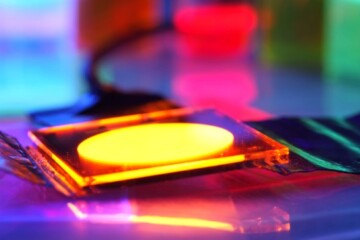
Lighting up the future
New multidisciplinary research from the University of St Andrews could lead to more efficient televisions, computer screens and lighting.

New multidisciplinary research from the University of St Andrews could lead to more efficient televisions, computer screens and lighting.
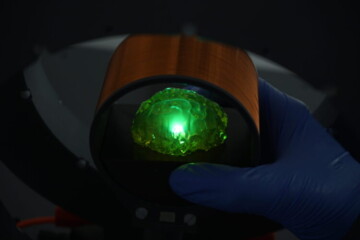
Researchers from the Universities of St Andrews and Cologne have developed a new device platform that allows for smaller wireless light sources to be placed in the human body.
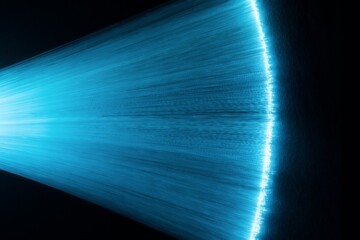
A St Andrews early career researcher has been named as an emerging leader in the optics and photonics community.
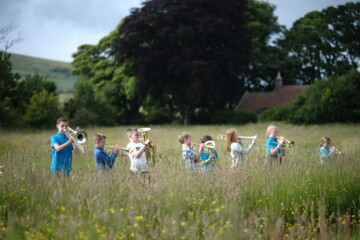
Young musicians are taking over bandstands across Fife this weekend as part of an award-winning music outreach programme run by the University.
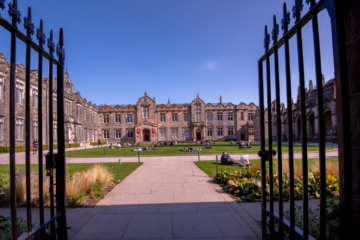
Researchers at the University of St Andrews have made significant progress towards powering wearable health sensors through indoor artificial light energy.
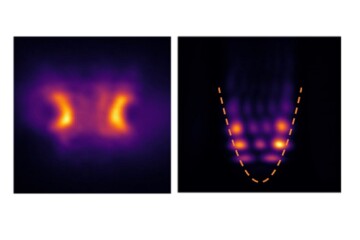
A structure that can control the location and energy of quantum particles which could has been made at room temperature by researchers at St Andrews.
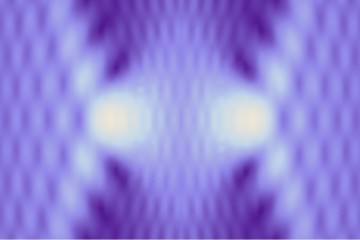
A team of international researchers has created a micro-refrigerator the size of a blood cell to cool adjacent objects, which could have major applications in quantum technologies.
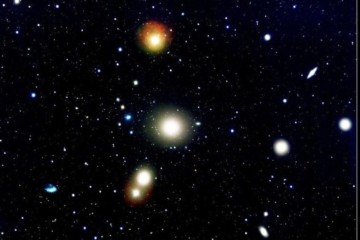
A new study challenges a previously accepted view of the universe by showing that the Fornax Cluster is free of dark matter halos.
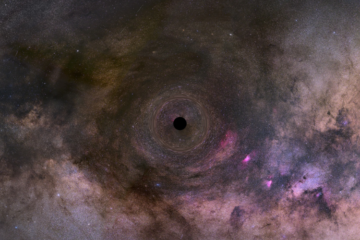
A lonely stellar-mass black hole has been discovered for the first time by a team of scientists that involved the critical expertise of researchers at the University of St Andrews.
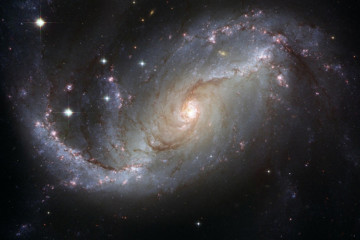
An international group of astronomers, led by a St Andrews physicist, has revived an alternative gravity theory.